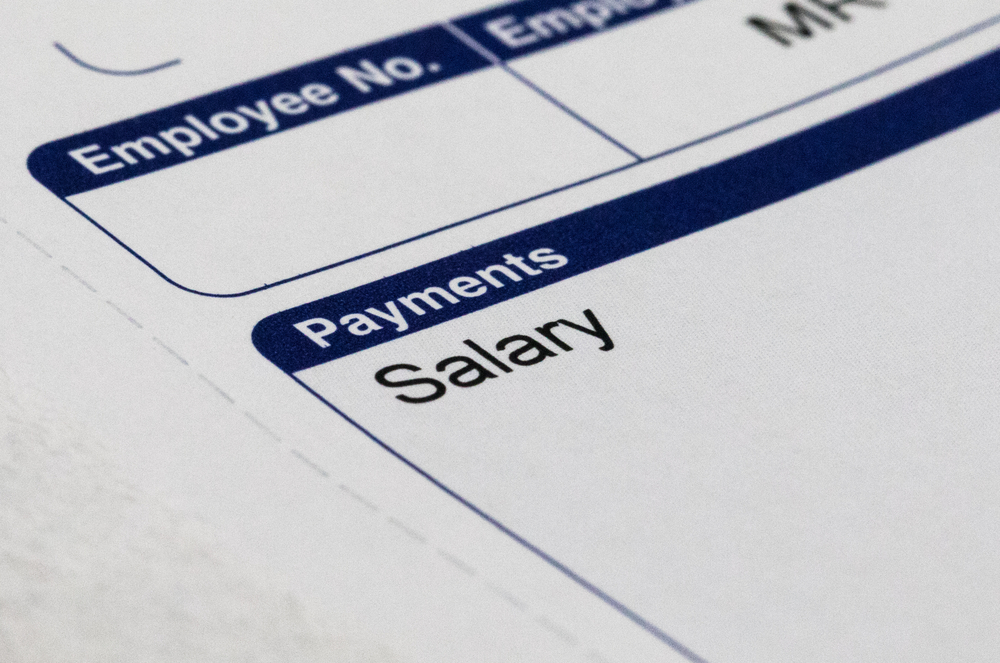Household Bills
Record pay growth raises spectre of further base rate rises

Average regular pay rose at a record high rate between March and May 2023, new data from the Office for National Statistics (ONS) has revealed.
The ONS confirmed that growth in regular pay, which excludes bonuses, stood at 7.3% for the period. That’s level with the highest growth rate, which was also seen last month and during the April to June 2021 period.
Growth in average total pay, which includes bonuses, was 6.9% for the period.
Despite the large increase in cash terms, in real terms total pay dropped by 1.2% and regular pay fell by 0.8% as a result of the persistently high rate of inflation.
The ONS data also found that between April and June 2023, the number of vacancies dropped by around 85,000 to 1.034 million. That’s the 12th consecutive period of falling job vacancies.
Overall, employment was estimated at 76% for March to May, a rise of 0.2 percentage points from the December to February period. This was put down to a growth in part-time employees.
However, unemployment also rose, by 0.2 percentage points to 4%.
Rising wages create a headache
Myron Jobson, senior personal finance analyst at interactive investor, suggested that there was a sense that many employers were “reining in their recruitment” as a result of concerns over the general economic picture.
He added: “Pay packets continue to grow, with wages excluding bonuses hitting their joint highest growth rate on record, which is a headache for the Bank of England amid its ongoing battle to tame stubbornly high inflation.
“While high pay awards help ease the cost-of-living squeeze on household finances, they can fuel the inflation beast as businesses could opt to pass the increase in labour cost onto customers by raising the prices of goods and services.”
Too high yet too low
This was echoed by Sarah Coles, head of personal finance at Hargreaves Lansdown, who suggested that the figures likely meant more interest rate rises were on the cards, which could “exacerbate growing weakness in the jobs market”.
She noted that there will be concern at the Bank of England that pay rises will boost demand and feed inflation.
“Somehow, pay is simultaneously too high for the Bank of England’s liking, and yet too low to keep up with inflation,” she added. “Wages are closing in on inflation, but we’re still poorer with each passing month.”